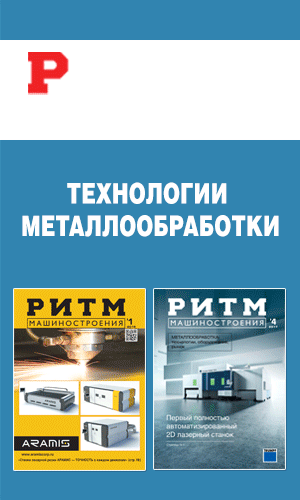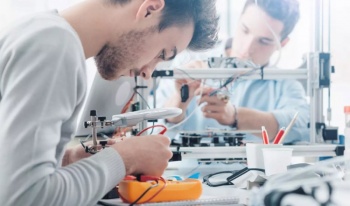
As additive manufacturing grows and becomes more widespread, acquiring the right skills and knowledge is becoming paramount. Indeed, the use of 3D technologies implies certain rules; it is not simply a matter of pushing the button on the 3D printer to get your final part. Education therefore plays a key role in the market, and more and more initiatives are being launched to ensure that the future workforce has all the necessary cards in hand to enable the development of additive manufacturing. This is the strategy chosen by the Greek company Lino3D. It acts as an educator and gives the young people of tomorrow the tools to succeed in fully deploying 3D printing. We had the opportunity to talk to its team to find out more.
3DN: Could you introduce yourself and explain your connection with additive manufacturing?
Lino3D is a spin-off company of Lino SA that has been active in the industrial market for over 25 years providing integrated solutions for digital printing and finishing. We are a team of motivated and curious engineers, always at the forefront of technology, whether it is inkjet printing or additive manufacturing. For 7 years, we have been developing industrial applications mainly for the maritime, engineering and dental sectors. We carry out innovative and flexible projects, especially in the medical and dental sectors, with multiple partners. In particular, we have forged close links with R&D institutes, universities and military academies.
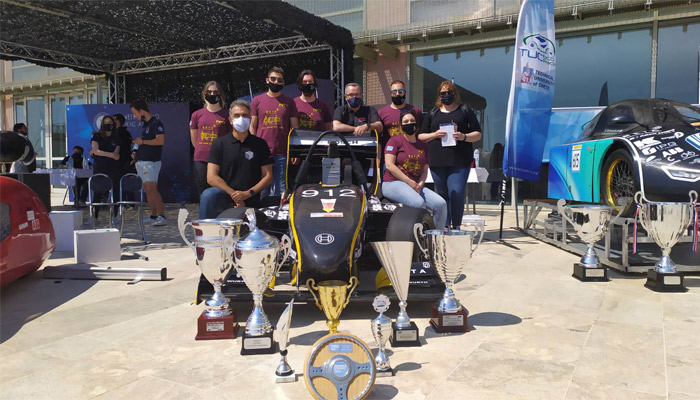
Lino3D works on a variety of projects, notably in Formula 1 (photo credits: Lino3D)
3DN: What is the mission of Lino3D? Could you tell us more about the company?
Lino3D has already laid the foundations for additive manufacturing, both in terms of knowledge and know-how. We are now looking to develop new applications as well as new materials. Our goal is to introduce the technology in traditional but also new industries and show that it can be used to make our daily life easier. In our opinion, it is fascinating to know that it is now easy to print what you need instead of anticipating a solution, which is often complicated.
3DN: How does Lino3D promote the use of manufacturing in Europe?
One thing is certain: the expansion of additive manufacturing in the industrial world will create a strong demand for engineers, operators, designers, post-processing specialists, and more. We need experienced profiles, and that means education. That’s why we want to be proactive with schools, students and young engineers.
This involves developing courses and seminars in schools and universities, setting up workshops on subjects such as robotics, Formula 1, cycling, aerospace, etc. For young engineers, for example, we have developed online courses with hands-on experiences around prototyping applications, in jewelry and in dental laboratories.
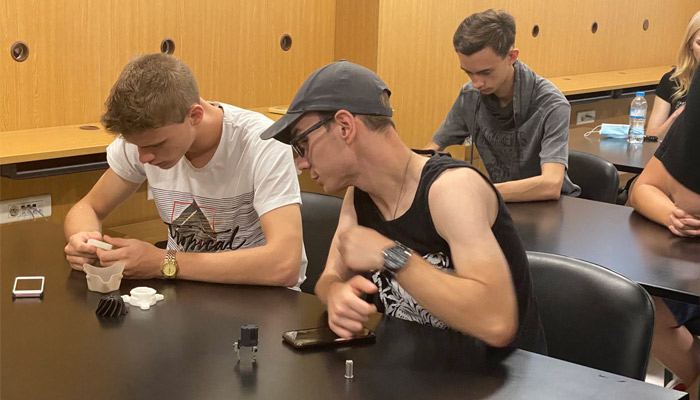
Lino3D develops workshops on additive manufacturing for students (photo credits: Lino3D)
3DN: Why is education important when it comes to democratizing additive manufacturing?
The education sector is playing an increasingly important role in the development of new additive manufacturing technologies and processes. From a young age, even as early as elementary school, students can understand the importance of using 3D printing and of course, throughout the years, gradually learn the issues and how 3D printing works. As universities increasingly set up 3D printing labs to further their research and production efforts, students and academics alike are exploring the new possibilities offered by additive manufacturing. The wider the dissemination of knowledge, the wider the use in the future.
3DN: What do you see as the remaining barriers to wider adoption of additive manufacturing?
Certification of additive manufacturing processes currently remains a barrier to its wider adoption. It is difficult for many industries to obtain the same certifications as with conventional manufacturing processes, and it takes a long time. And when we talk about certification, we have to think about the technology, the materials, but also the post-processing steps.
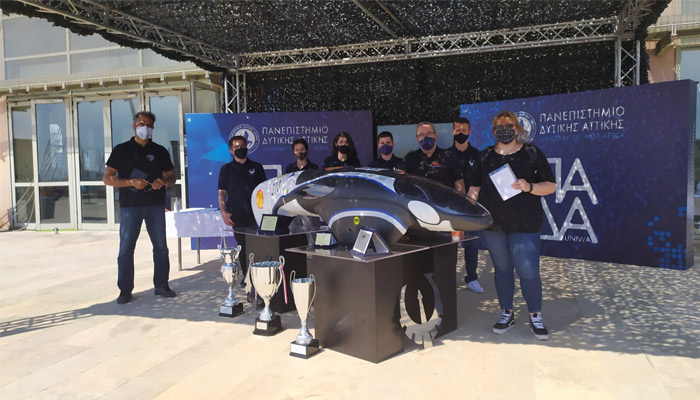
Photo Credits: Lino3D
3DN: Any last words for our readers?
We offer hands-on training with experienced and certified engineers in our Lino Experience Center and Lino3D lab. We combine online and distance learning BEFORE the visit and hands-on training in the lab with industrial machines and exams for certified operators. We have a strong expertise in the dental and medical fields and we develop many innovative projects in these two markets. Our goal is to put our skills at the service of the young talents of tomorrow.
The EU’s target to achieve Net Zero for 2050 will require an enormous amount of research and development for Electric Machines, Batteries, and Power Electronics. To acheive required improvements in efficiency and power density targets, novel topologies and architectures will be needed but they are currently not possible with traditional manufacturing technologies. Additive Manufacturing has the capability to offer a step change improvement in these requirements with its inherent design flexibility. Providing young engineers with the knowledge and opportunity to use 3D printing can make an impact. At Lino3D, we have the capabilities to enable this impact so please contact us HERE!
*Cover Photo Credits: Andrea De Martin_123RF
